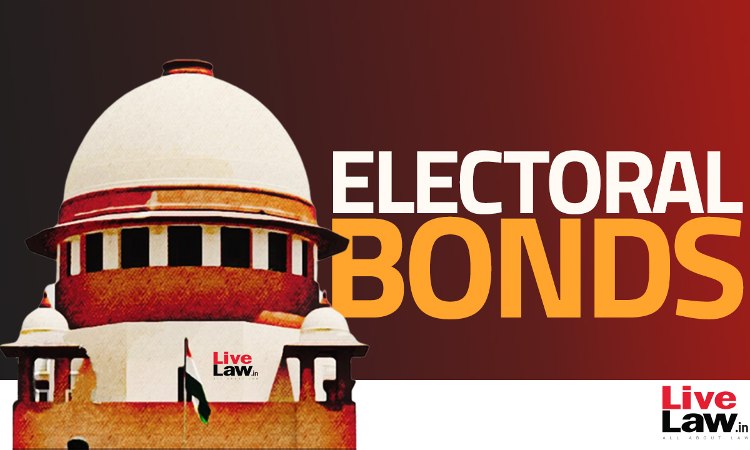Next Story
14 Oct 2022 1:43 PM IST
The Supreme Court on Friday posted a batch of petitions challenging the anonymous electoral bonds scheme to December 6.A bench comprising Justices BR Gavai and BV Nagarathna was considering a batch of petitions filed by Association for Democratic Reforms, Communist Party of India (Marxist) etc, challenging the electoral bonds scheme.The case was listed today for first time after the last...

